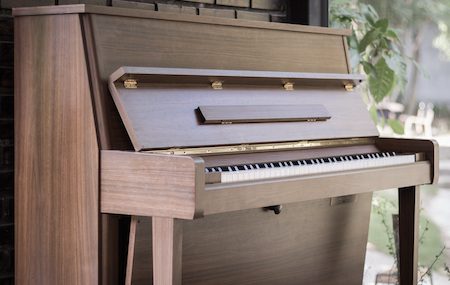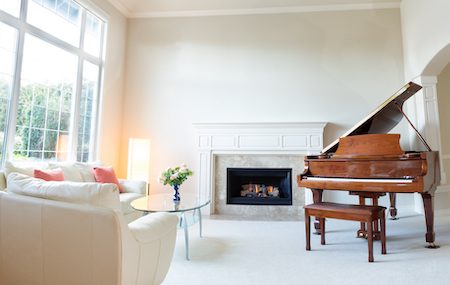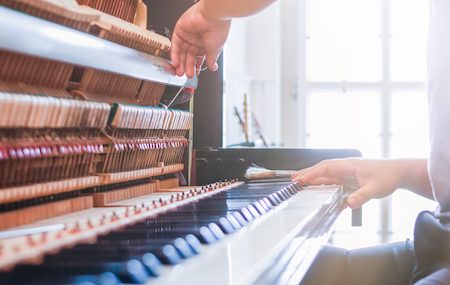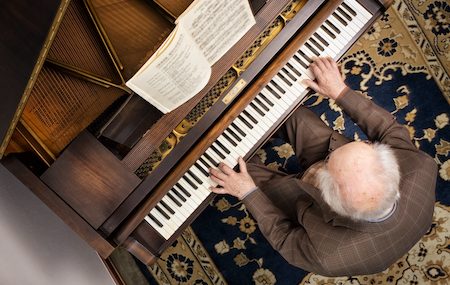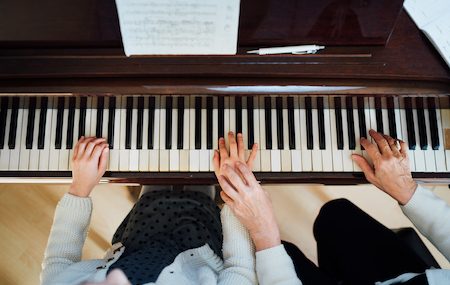A general rule of thumb is that a piano should be tuned twice a year. Yet that isn’t always true.
When your piano is in constant motion, when you play your church piano day in and day out, it may need to be tuned more frequently.
Playing isn’t the only thing that impacts playability. Where is your piano located? Is it in the line of drafts from windows and doors? Are there temperature fluctuations? Do the humidity levels change frequently?
How often should you be tuning your church piano?
Pianos may appear to be large, bulky pieces of furniture that can withstand much abuse. Yet inside a piano is 10,000 tiny intricate pieces that need care to keep them working well. To keep those 10,000 parts working well, schedule maintenance like you do with other assets you care for. Seasonally works well – once when you turn off the heat, and again when you turn off the air conditioning. Both of these modern conveniences can have a profound impact on the condition of your piano. Tuning them at these intervals will ensure it’s in good working condition.
Tuning … or service?
If you hire a well-educated piano technician, they will have lots of experience in caring for a piano. From fine tuning to voicing, to repair work and restoration, they will be able to pick up on tiny nuances that can impact the quality of your piano. Pianos are expensive, isn’t it better to care for them over time than to replace them before their time?
Why do pianos need to be tuned regularly?
Every time you touch a key, the string moves, hammers jump, notes are created, and a sound is produced. This action is repeated every time you sit down and play a song. That’s a lot of stress that goes into the makeup of the piano. Regular tuning ensures each of these systems are well maintained and cared for.
What if you don’t tune the piano?
It happens more often than not. In time, strings go out of tune due to stress. If you don’t put these strings back in proper position, they can cause damage to other parts of the piano. If left uncorrected, the pitch may diminish to a point where it can no longer hold a tuning. That can require extensive repair or restoration.
What if a piano is never tuned?
We see this occasionally. At this point, it depends on the quality of the piano. Does it make sense to spend the time necessary to restore the quality to what it was before? Does it make sense to restore the piano to working condition? Or is replacement a better option?
The best way to keep your church piano in quality working condition is to provide the correct care throughout its life. That includes regular tuning, action regulation, and tone adjustments.
When was the last time your church piano was tuned?

